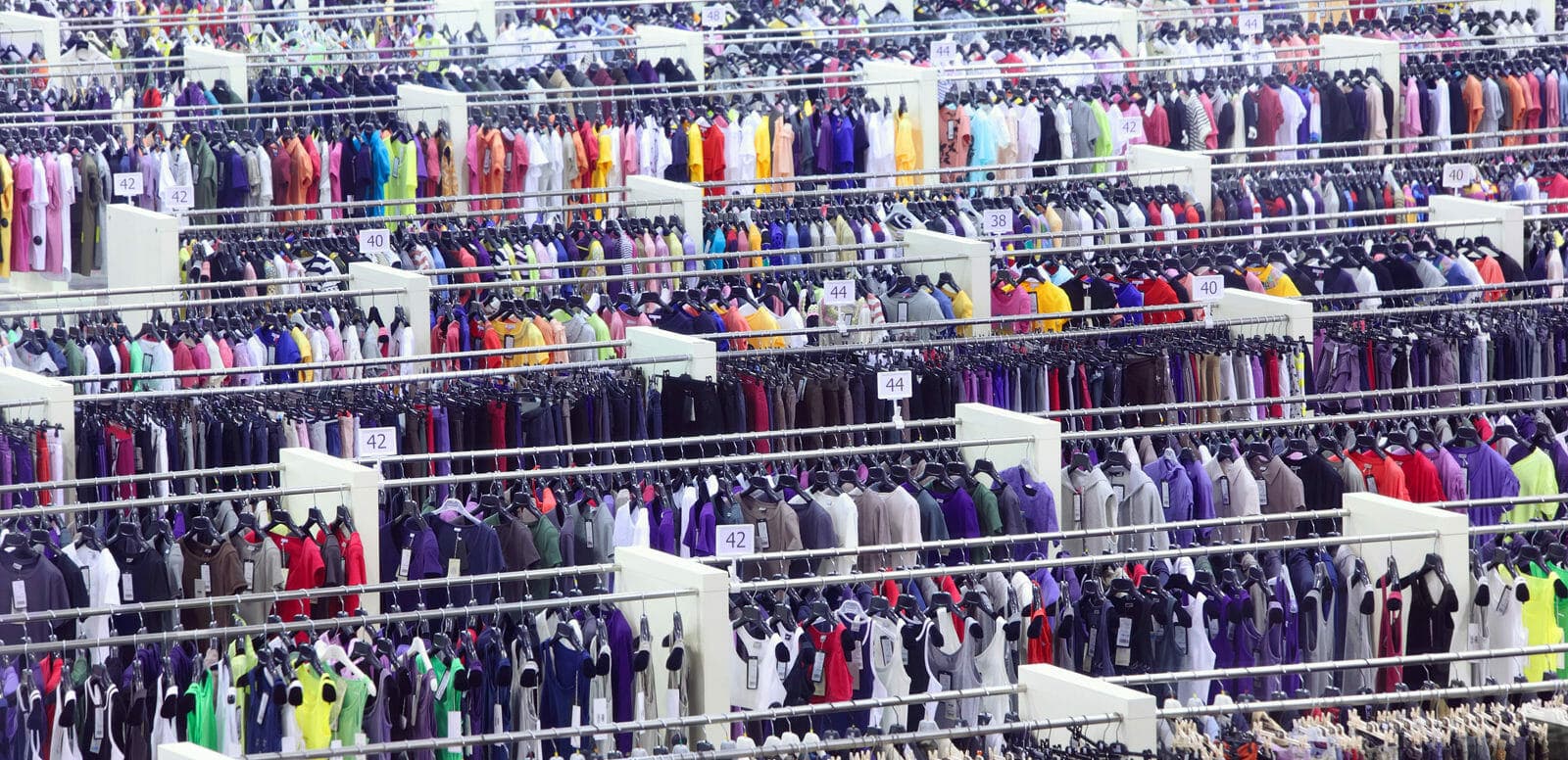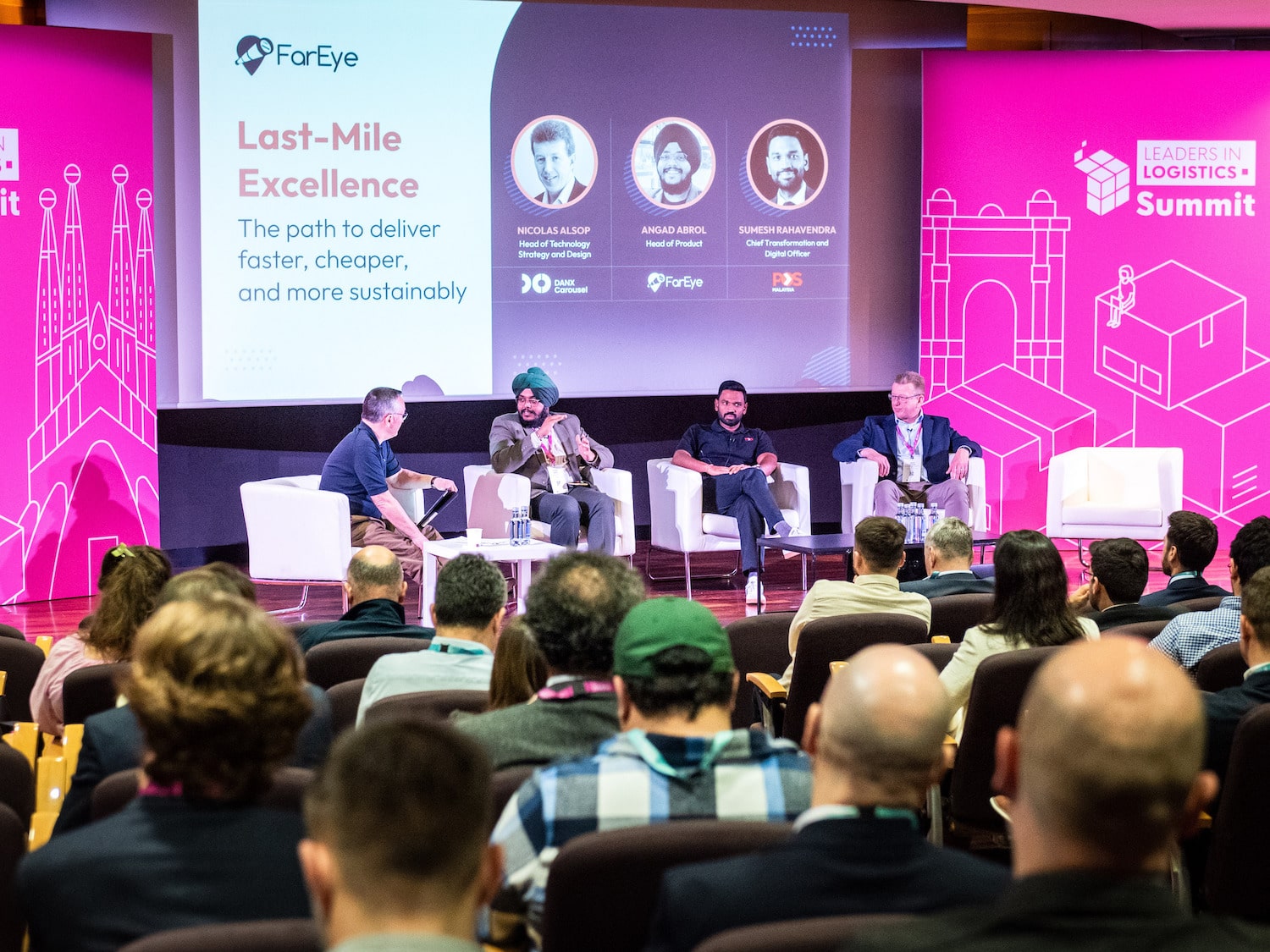Insight / Blog
A new recycling culture: Clothes creating cash not trash

Clothes waste has become the hot new topic of the sustainability debate and it’s not hard to see why.
300,000 tonnes of clothing was sent to landfill by Britons last year alone, with the average number of times a garment is worn decreasing by 36% over the past 15 years.
Reversing this trend has proved challenging with fast fashion consumers used to buying and discarding clothes on a whim.
Our own research shows that whilst 39% of 55+ year olds ‘always’ recycle clothes by taking them to the charity shop only 23% of 18-24 year olds (brought up in an age of fast fashion) do (Doddle, YouGov data March 2019).
But it’s looking like tech could provide the answer to bringing in a new recycling culture. ReGAIN, the app that enables fashion followers to send off 10+ items of unwanted clothing in return for discount codes for clothing brands, has fast gained a cult following and an impressive range of retail partners.
This month, PrettyLittleThing has become ReGAIN’s latest retail partner, following brands like Missguided, Oliver Bonas, Superdry and New Balance.
The Founder of ReGAIN, Ostrwoski has stated that his ultimate aim is ‘for the re-use or recycling of clothing to become part of shopping habits.’ With 20,000 recycling points across the UK and the British love of a discount code, we think there’s every chance of this ambitious vision being realised. Watch this space…
It just goes to show that when it comes to embracing sustainability at the heart of your proposition it pays to think openly, differently and collaboratively.
Topics:
Related articles
Return fees or free returns: why not both?
Debates between return fees or free returns miss the bigger picture: how to address the root issues of returns.
Important lessons from Leaders in Logistics 2024
Leaders in Logistics 24 dived into AI & automation, sustainability, changing ecommerce behaviours, emerging consumer expectations & predicted what the next decade had in store.
Postal results, reforms, and returns
Posts around the world are seeking reform, but how can they drive improved results in the short term?












